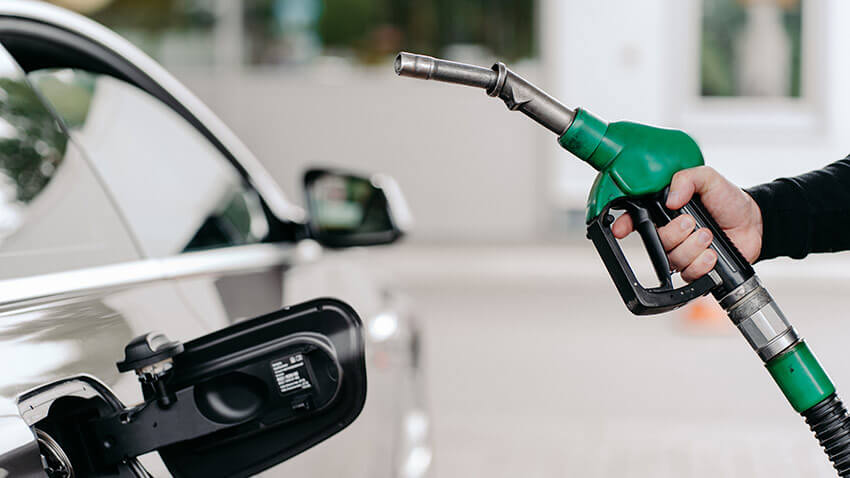
Energy in all its forms is an increasingly expensive commodity for consumers. Electricity and gas prices are soaring and petrol and diesel prices are at an all-time high. The obvious impact of the increased cost is felt directly by working households as bills for lighting and heating roll in and cars cost a lot more to fill up.
March 2022 will go down in the history books as one of the worst months ever when it comes to pump prices.
Unfortunately, businesses are also paying more to run the facilities that produce goods, and the transport fleets that distribute everything. These increased costs are passed on to consumers in the form of rising prices so even the food that fuels our bodies becomes more expensive: the situation really does affect energy in all its forms.
As if that weren't enough, the recent change from the E5 to E10 petrol specification may also affect fuel economy.
You couldn't make it up
Unlike physical matter, prices are not subject to the laws of gravity and what goes up may come back down far more slowly - or not at all. At the time of writing, the government has announced a limited cut in fuel duty - basically a tax on fuel.
For the last decade or so that duty has added almost 58p to each litre of petrol and diesel, which may make the Chancellor's 5p reduction seem a little less than generous - especially as he also gets 20% VAT.
Now, we're not economists but, as the VAT is charged on the full price, including the duty, it seems to us that motorists are actually paying tax on the fuel tax! Just a reminder: this is real life we're discussing, not an old episode of Yes, Minister.
Limiting the damage
So, price-hiking by oil-producing countries and cartels, the awful war in Ukraine and taxation all play parts in the current drama. As the average British driver is in no position to resolve any of those issues quickly, it seems that the best we can do is implement practical steps to reduce the cost of running our cars.
Here are just a few ideas. If you have any more, please let us know so we can share them.

Walk or cycle rather than drive
The fundamental, obvious factor: the less you drive, the less fuel you will use. If you can walk or cycle to reach your destination you'll save yourself money and get more exercise.
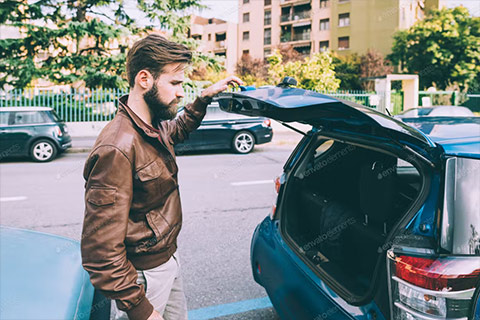
Remove unnecessary weight from your vehicle
The more weight a car has to carry, the more fuel it will consume. It is easy to allow clutter to accumulate in the back of a car, but why not remove that set of golf clubs from the boot if you're not playing today, and do you really need a folding workbench and all those power tools on your day off?
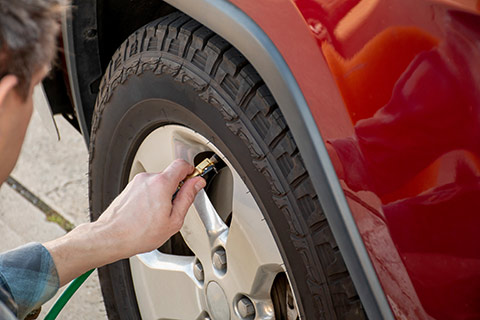
Check tyre pressures
A few years ago, Michelin estimated that UK drivers were wasting £246m annually in fuel due to incorrectly inflated tyres. The loss comes from the increased friction caused by distorted, under-inflated tyres. As fuel prices are higher and there are more cars on the road, it's pretty clear that the wastage figure would be even higher these days.

Don't be idle
Switching your engine off when stationary for any but the shortest stops is likely to save you money. In the old days, restarting your engine could use more fuel than you saved but technology has improved efficiency a great deal. Unless you're driving a museum piece, you'll probably save by switching off.
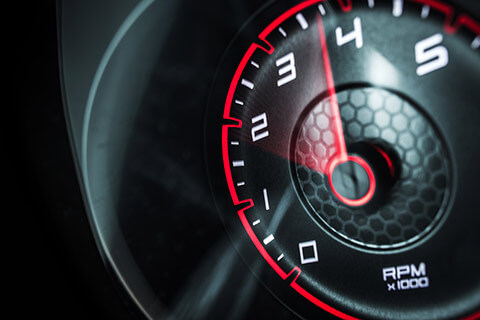
Watch those revs
Even those of us who don't think we're drag racers are sometimes guilty of revving our engines without thinking. It's particularly common amongst those with a habit of riding the clutch at traffic lights instead of applying brakes. Keeping an eye on what gear you're in can help too. Turn down the stereo so you can hear if the engine is racing or struggling: it'll help you make sure you're in the right gear and get the best efficiency from those expensive revs.

Car share
If you know people who travel to the same places you do then why not put your heads together and arrange to go in one vehicle?
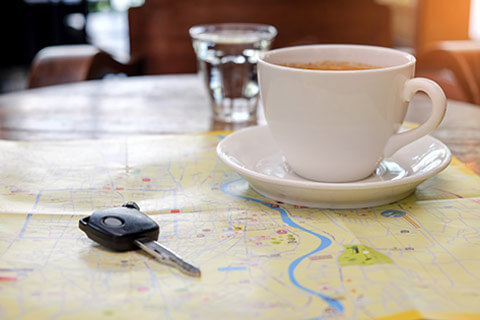
Plan your journeys
These days it's easy to look up the shortest route and to check in advance for road works and other issues that might cause fuel-burning delays and diversions. Leave home with a plan.
Finally, don't make two trips if one will do
How often do we hop in our cars multiple times in the space of a single day - especially at the weekends? Going to pick up some shopping? Due to visit your mum? Need to take that bag of clothes to the charity shop? Need to fill up with petrol (ouch!)? You could probably combine all those errands into one journey. While you're at it, why not ask your neighbour and your mum if they need anything picked up from the shops - you could save them a journey and they might return the favour.
Let us know your fuel-saving ideas: we could add them to this article!
